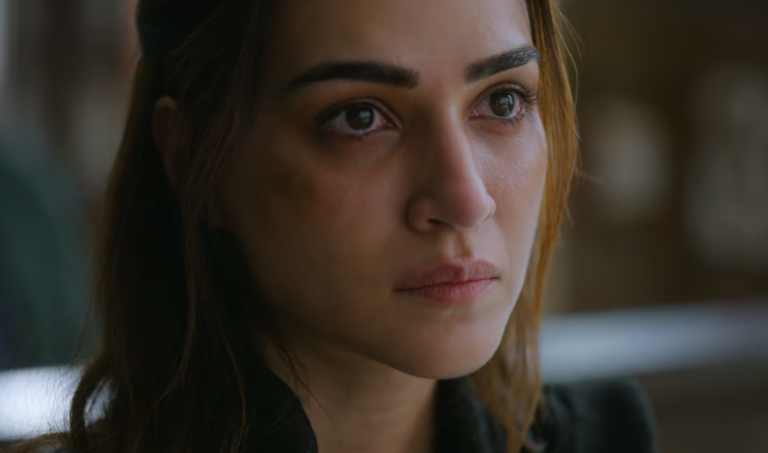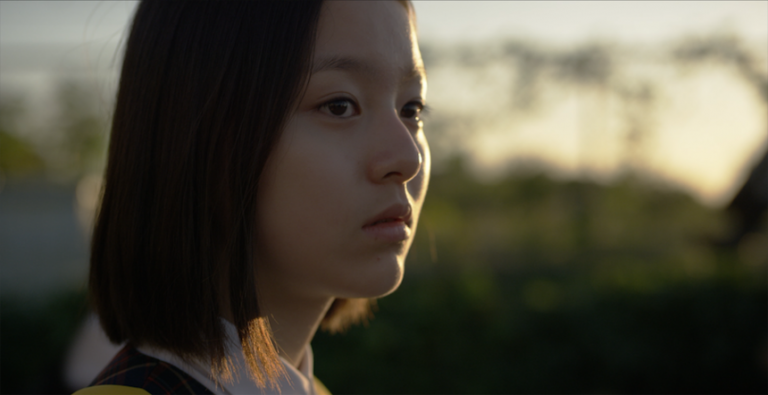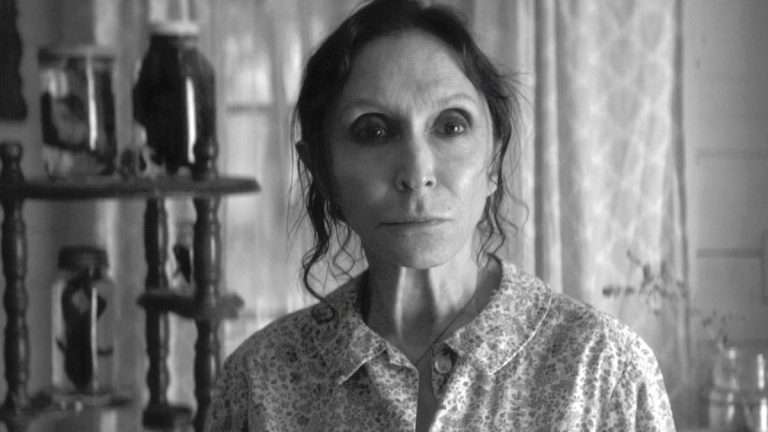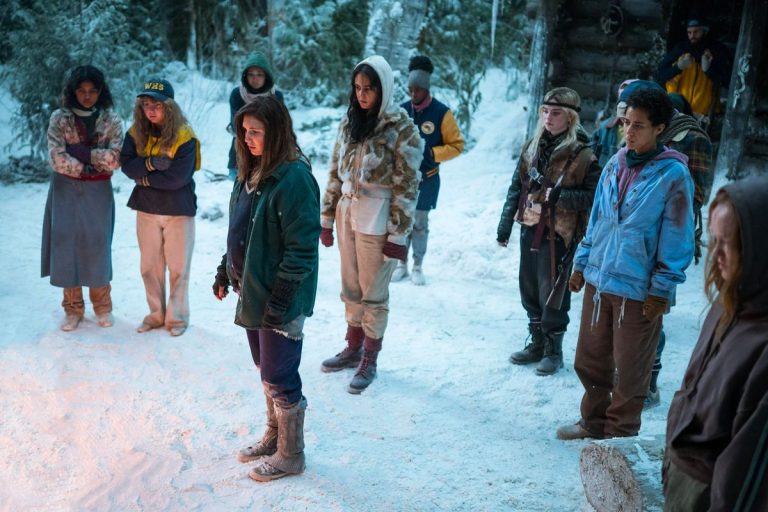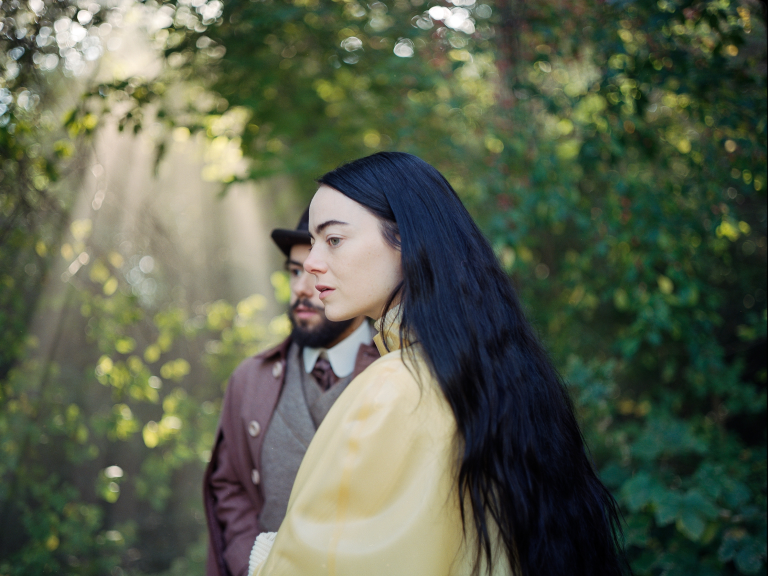Surreal dramas are a tightrope. The filmmaker can push wildly at his imagination as much as he wants. Ambitious flights are always welcome, but certain caveats must be in place for them to fully ascend into a richness of imagination, audacity, and heightened inventiveness. It is a balancing act between unleashing a scramble of ideas and imposing some semblance of internal consistency within the world of defiant, uncontained outlines. If the film indulges in the former without hardly taking into account the rhythms of composition and thought and a modicum of logical throughline, the imagined, unruly world will rupture in a not-so-favorable way. This is what happens in Niclas Larsson’s film Mother, Couch.
An adaptation of Jerker Virdborg’s novel Mamma I Sofa, the film has plenty to draw on, and maybe that’s part of the problem. I haven’t read the book, so I can’t comment on the question of faithfulness and divergences, but the narrative is clogged in so many detours it is thoroughly unable to sustain the over-exhausted weight. There’s a lucidity and sharpness to cleave through the mess of ideas, jostling against each other, to a clear essence that’s entirely missing. It reduces the bite of the film dramatically because it feels so scatterbrained. It can’t seem to find its needlepoint purpose as it hurtles through wires and wires of events and circumstances, and its protagonist, David (Ewan McGregor), undergoes a series of peculiar occurrences.
The strangeness gets increasingly compounded by an emotionally accentuated internal state that’s fuzzy, overwhelmed, and disoriented. The boundaries between the real and the imagined become loose and porous. There is a thin tendril of a starting point if one can at all attribute credence to it. David has gone with his brother, Gruffudd (Rhys Ifans), and his mother (Ellen Burstyn) to Oak Beds Furniture to check out a dresser. The latter just plonks herself on a sofa and refuses to budge. This gives rise to a crisis. Neither brother can quite reckon on how best to grapple with the situation. However, Gruffudd is more in a hurry to evade the situation. David, the habitually obedient and attentive son, attempts to look for a solution, reasoning with his mother. But she will not hear anything from him.
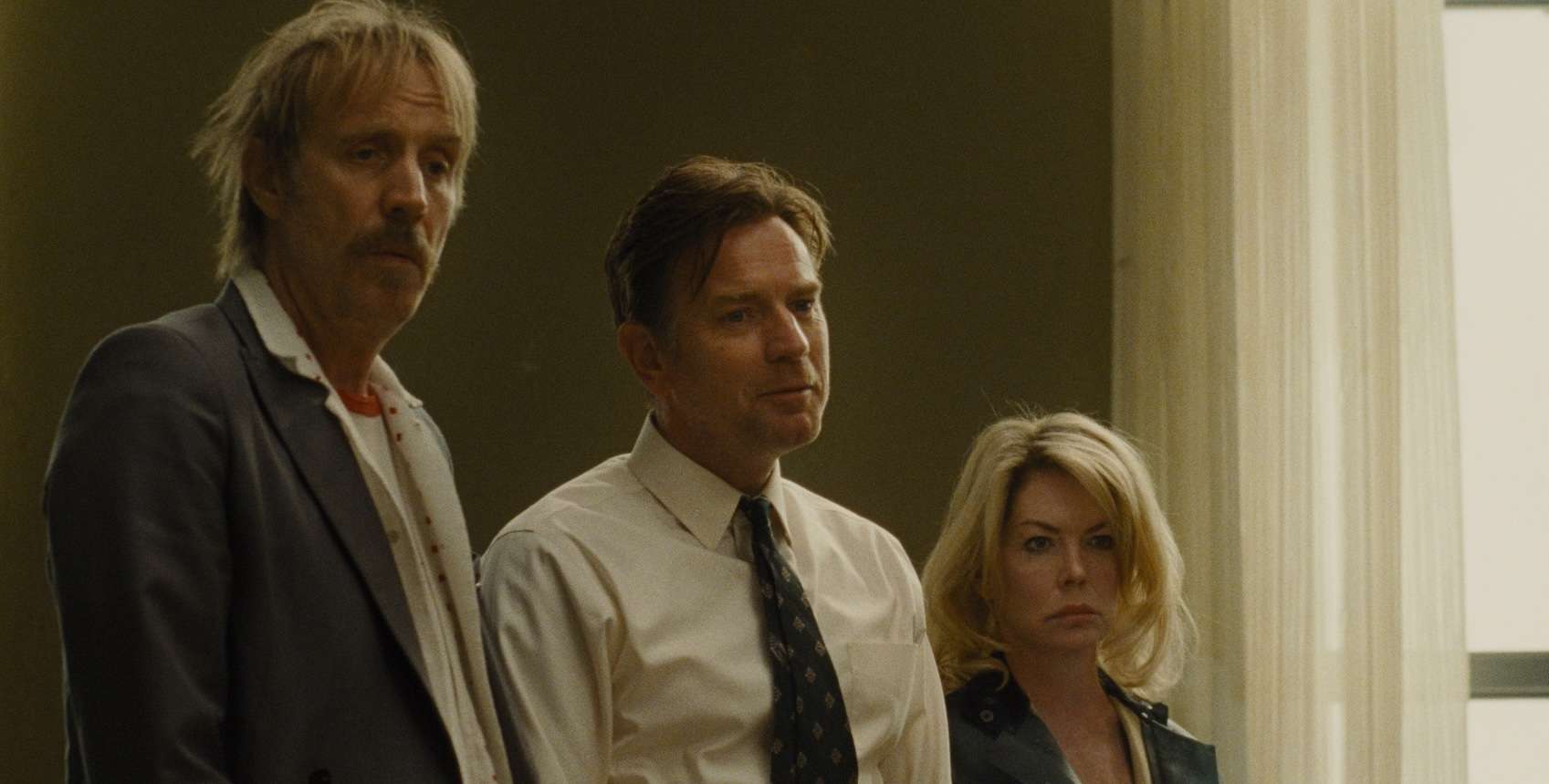
There’s another sibling, their sister, Linda (Lara Flynn Boyle), who’s the most disgruntled of the lot and has taken gloriously after their mother. David decides to stay back and attend to his mother. Cracks in his attempt to show responsibility are evident as he feels strained to even take out time for his own kids. There is a mirroring of how he may not be very prepared as a parent with his mother, who confesses she never wanted kids. We discover the siblings have separate fathers and have been intently kept apart by their mother. David used to write letters to them, but she hid and stashed them away and never allowed correspondence to take place.
The fraught relationship between the mother and her children animates the surreal textures, giving it a beating heart. Yet, it feels paper-thin, a generic rehashing of parent-child conflict that has festered over years and barely transcends all its trappings to become anything vivid. Fears and hallucinations drip into David’s impressions of reality, and there are elevated touches of the preternatural. A harmless shadow assumes, at one point, the shape of something frighteningly monstrous.
The clutch onto reality becomes tenuous. Larsson’s ideas may be intriguing, but these are so amateurish and patchily cobbled together that the film never comes together. A confident visual hand is nowhere to be found that could have made sense of the deliberately baffling detours. Many choices just don’t land like F. Murray Adam essaying twins with diametrically opposing tempers. At its worst, Mother, Couch resembles an inchoate tapestry of vacillating moods and rhythms. It strives hard to confound and perplex but entirely misses the point of stitching them onto any coherent emotional dynamic.



